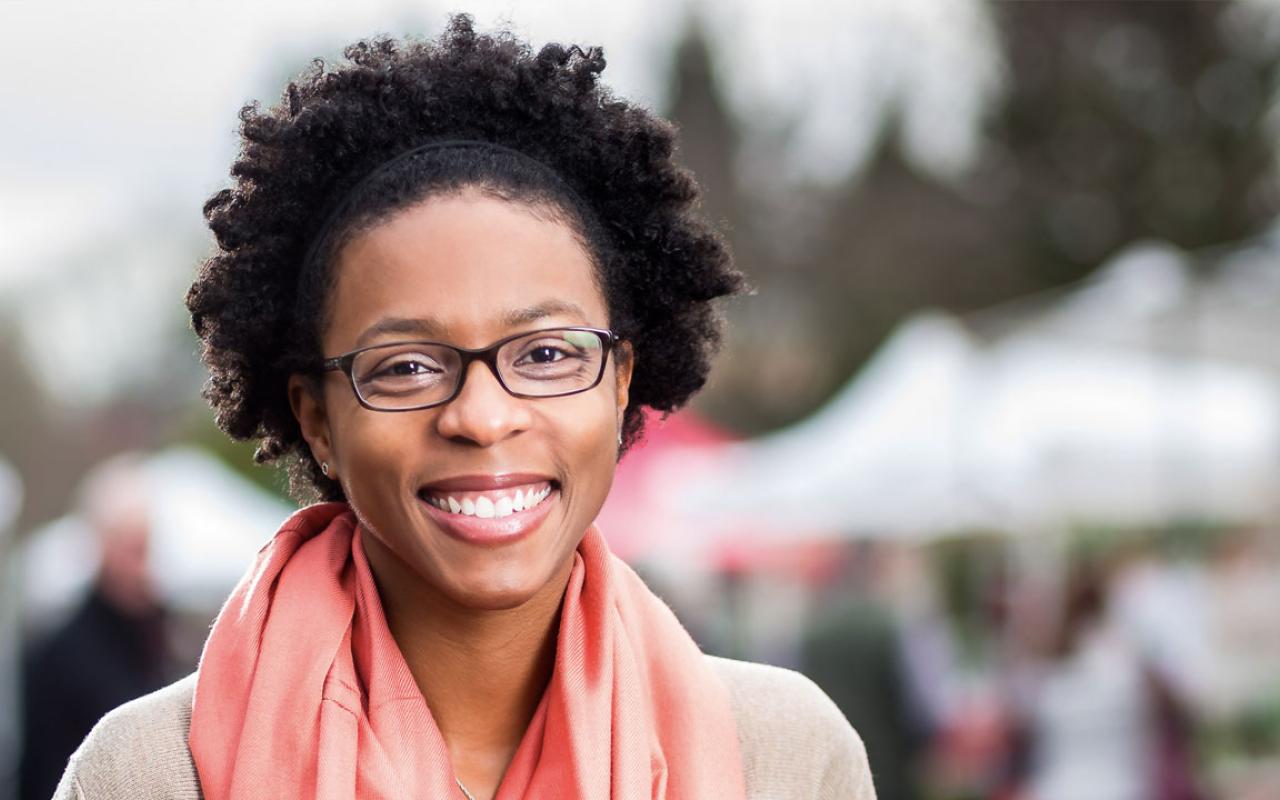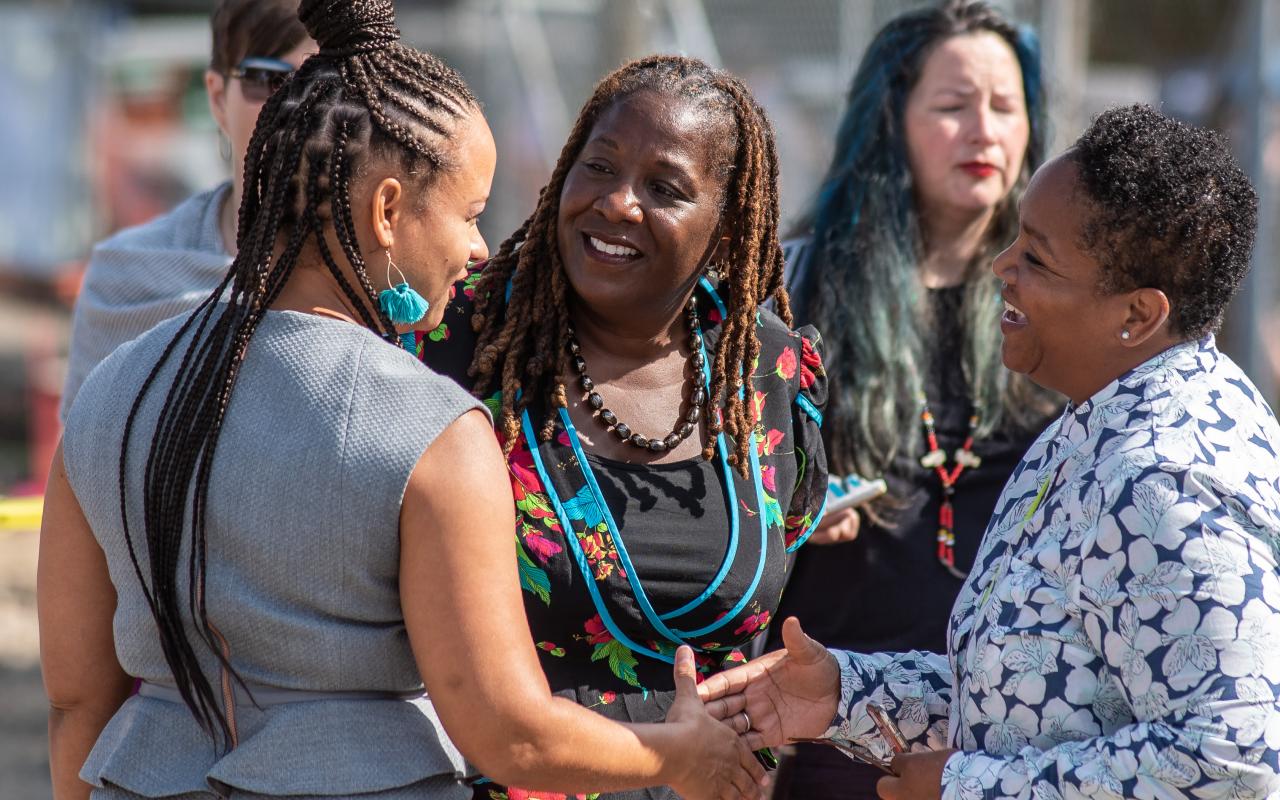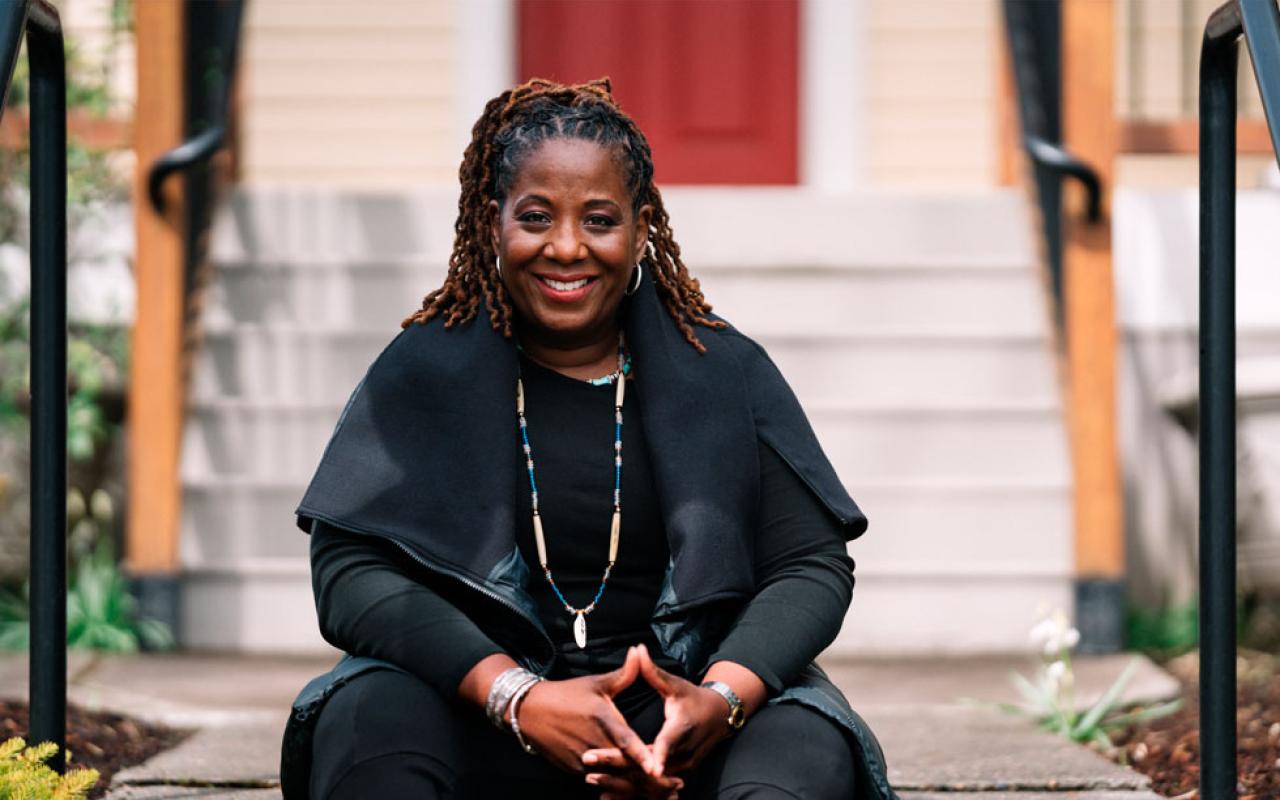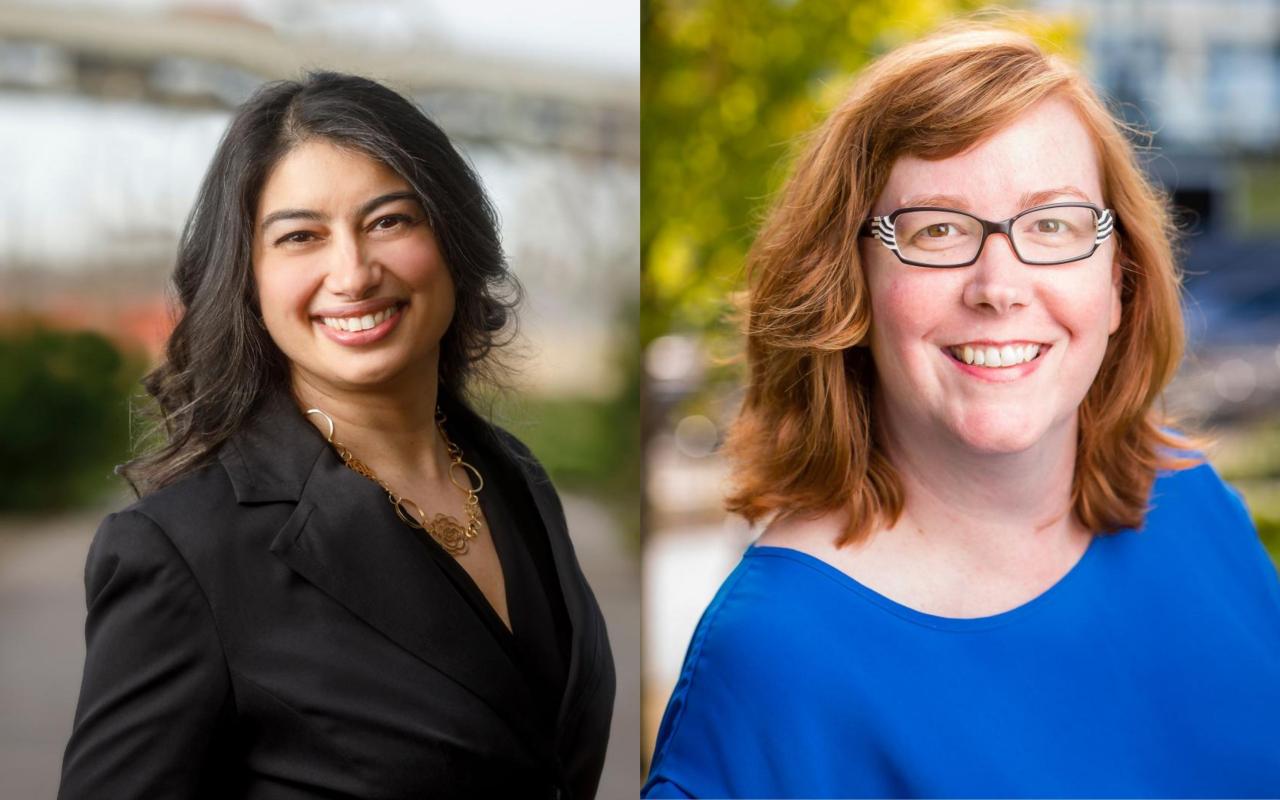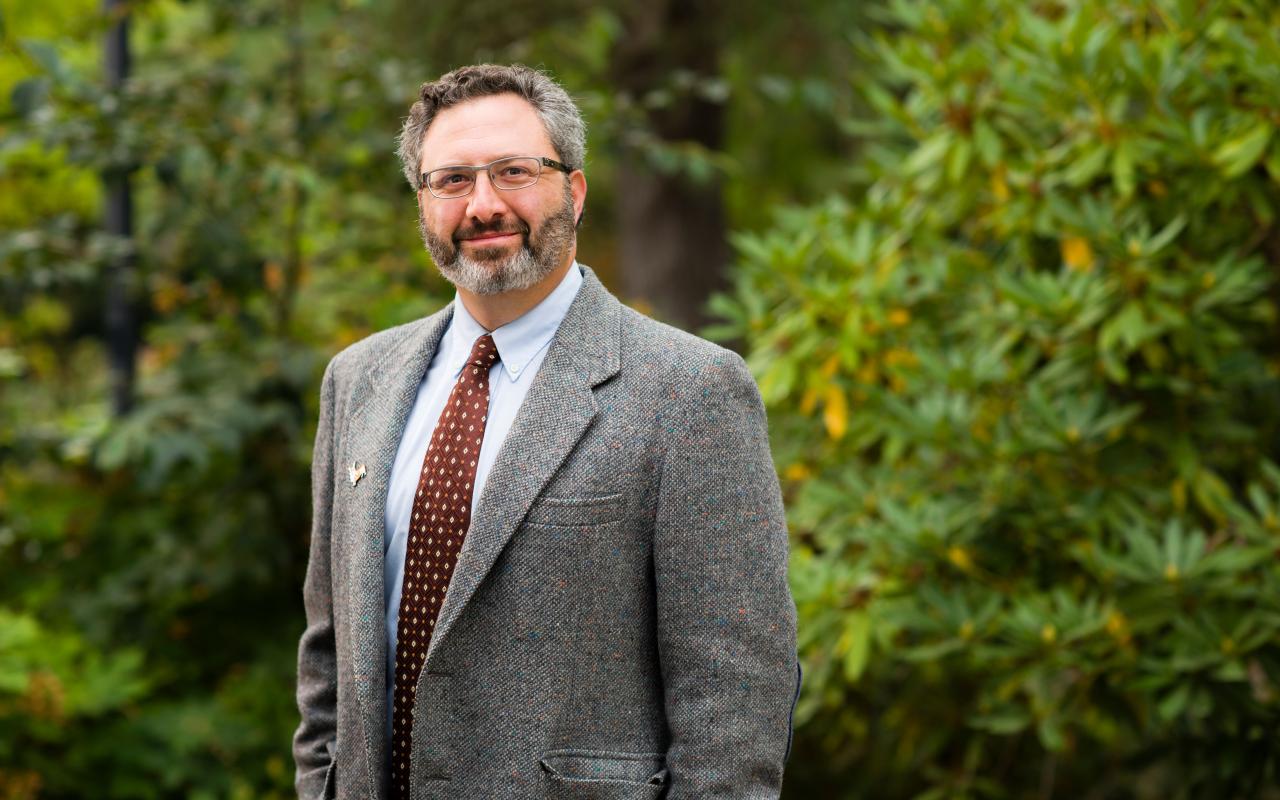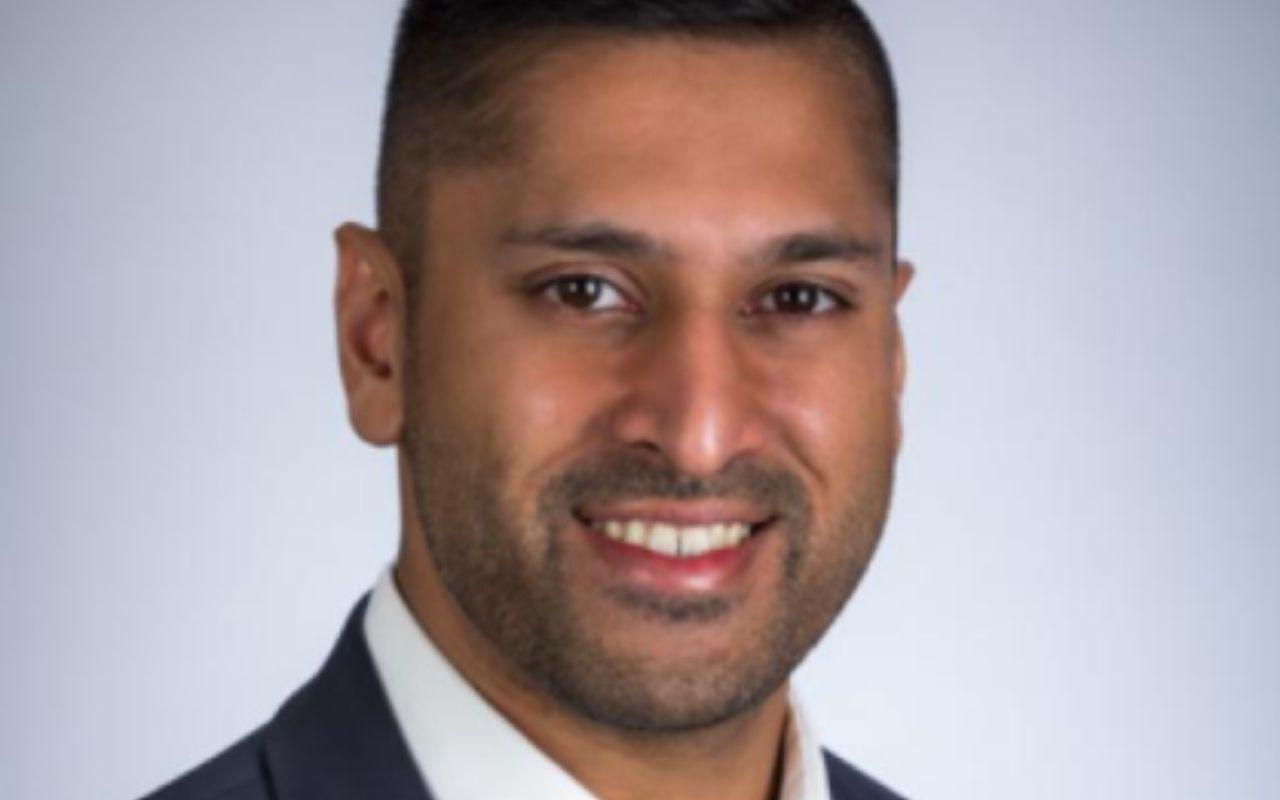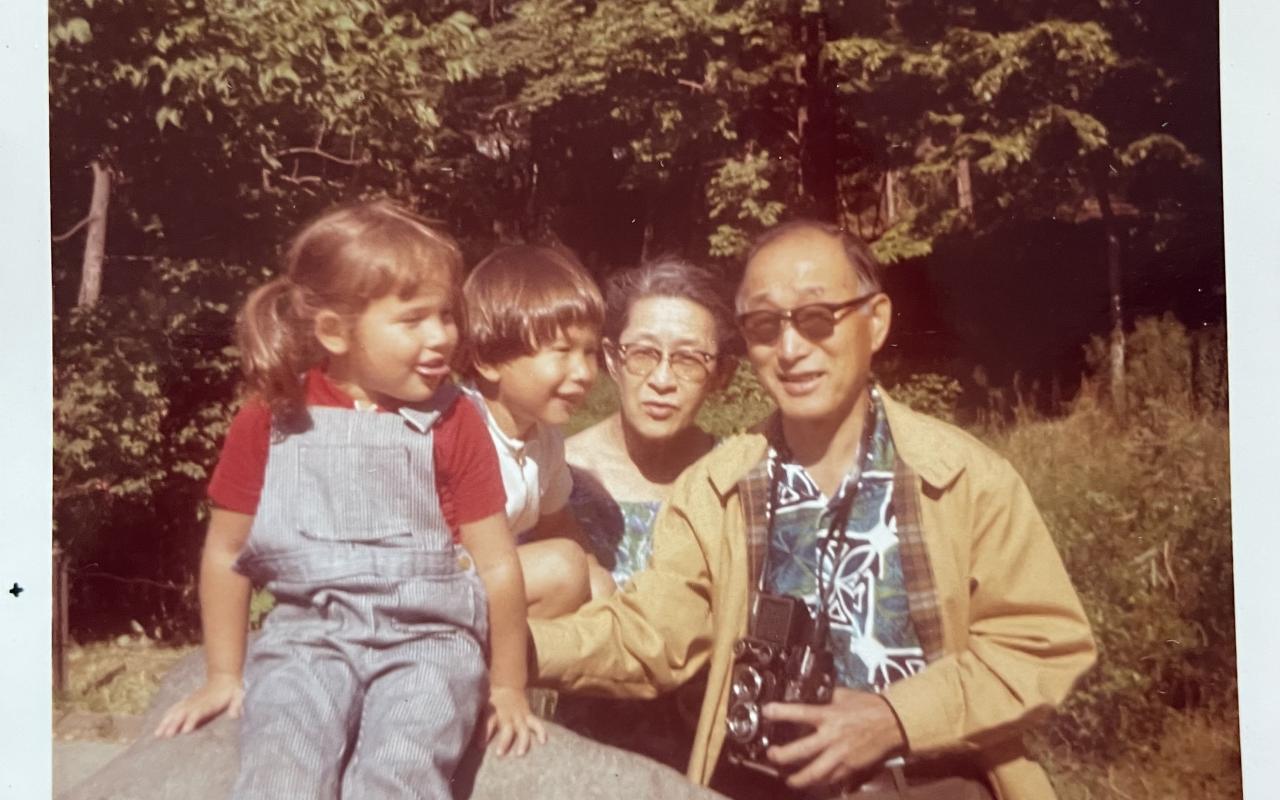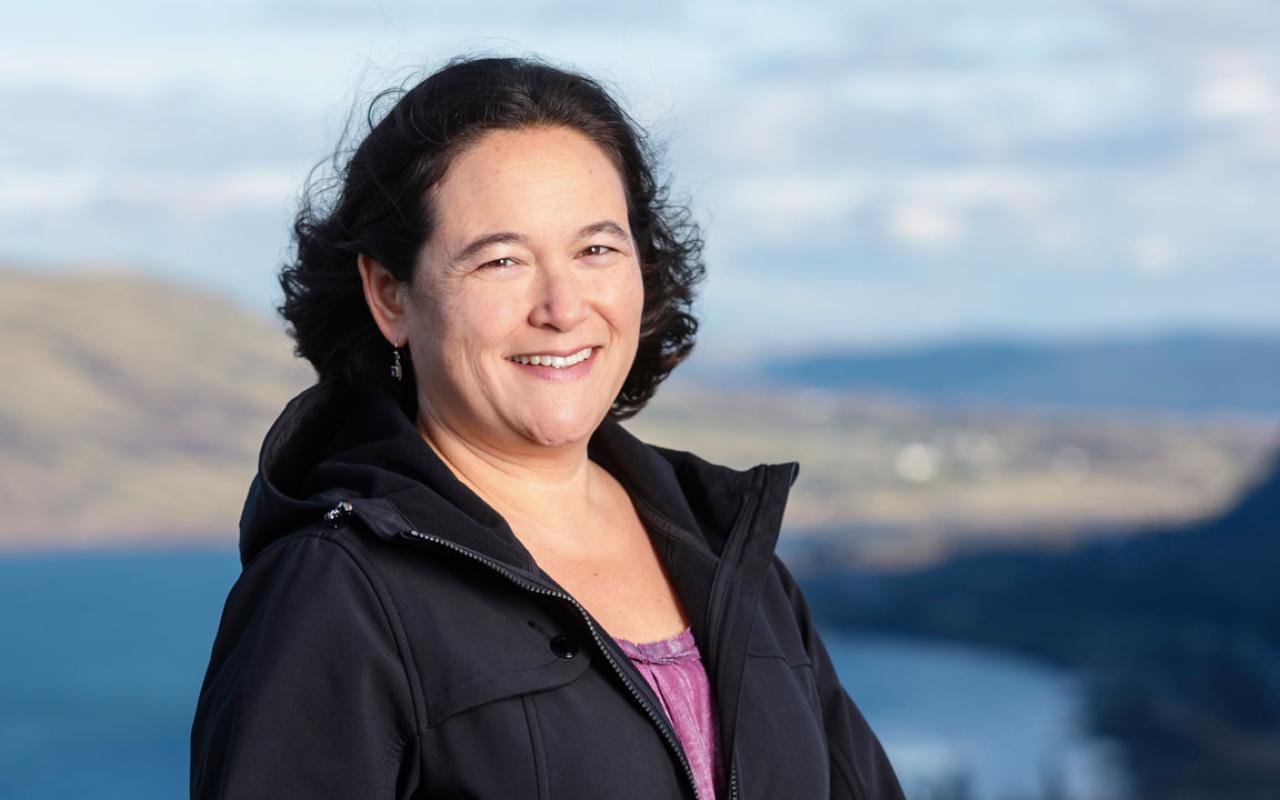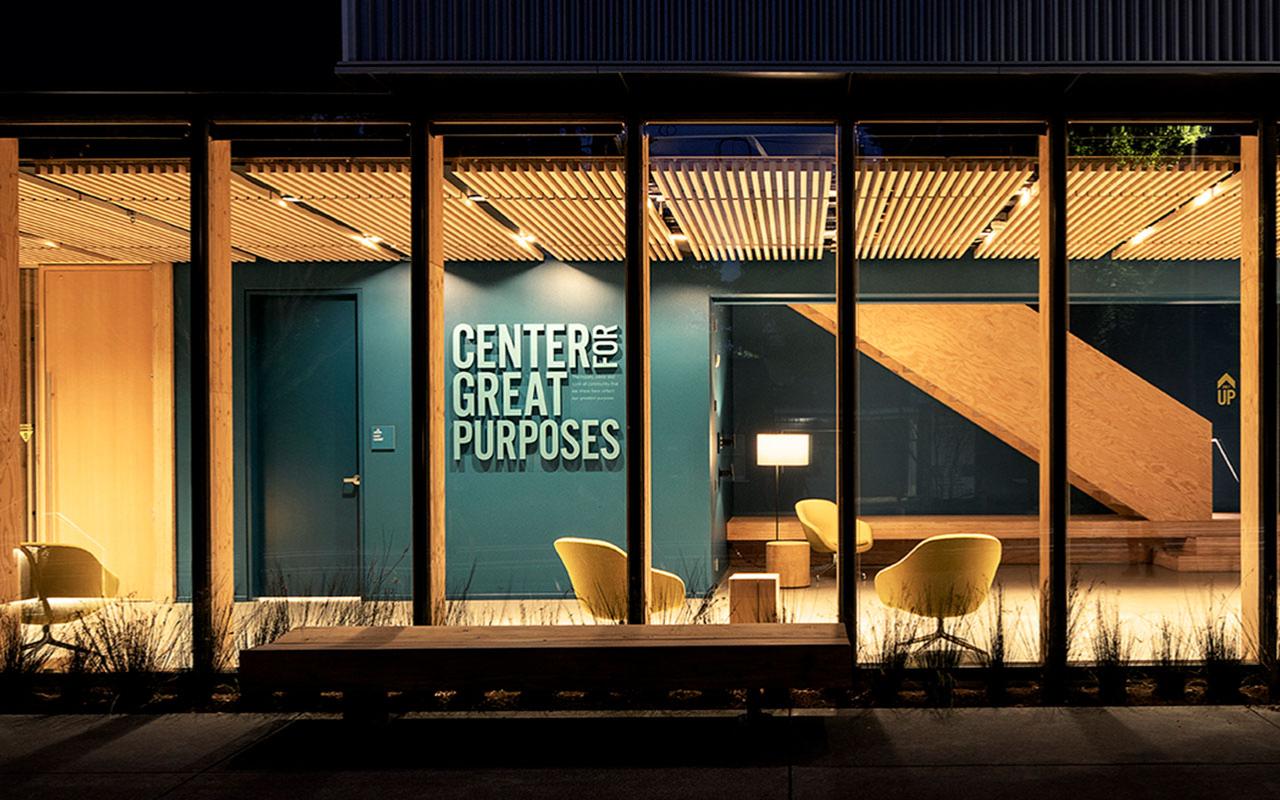Meyer’s Grantmaking: Three Major Shifts
Meyer recently engaged in a strategic planning process that led to a number of changes in our grantmaking process and the values we hold at the center of our work. I recently sat down with Kaberi Banerjee Murthy, Meyer’s chief impact officer, to discuss Meyer's evolving strategy, how the community has informed our decision making and funding approach, and what this all means for our nonprofit partners and allies across Oregon.
Roy: How is Meyer changing its approach to grantmaking?
Kaberi: Meyer is making three major shifts to how we practice philanthropy. The first is the shift of our mission, specifically from a focus on equity to a focus on justice. The second is the shift in our grantmaking approach, specifically moving toward trust-based philanthropy and participatory grantmaking. And finally, we’ve shifted to using an explicitly anti-racist, intersectional feminist approach throughout our work.
These shifts are the result of a years-long learning and reimagining process, during which we heard loud and clear from Oregonians that Meyer needs to be in deeper relationship with community and partner differently as we do our work.
Roy: How are these shifts going so far?
Kaberi: I’ve been so humbled and impressed by the hard work and dedication of our staff, nonprofit partners and community members. In my experience, it’s rare for private philanthropy to attempt even one of these substantive shifts, let alone three at once. It’s challenging work, but we’re doing it because we know we need to change in some pretty big ways to deliver on the promises we’ve made to our fellow Oregonians.
Without deliberately shifting the power that comes with Meyer’s resources, platform and prominence from the foundation to our community, we would be impeding justice, rather than accelerating it.
Roy: What do these shifts mean in terms of concrete changes that nonprofit partners will begin to see in the coming months and years?
Kaberi: To me, “trust-based philanthropy,” means embracing an approach to grantmaking that explicitly addresses the inherent power imbalances between funders, nonprofits and communities. It is fundamentally about redistributing power in ways that minimize those power imbalances as much as possible. In concrete terms, that means things like shifting to multi-year, flexible, operating grants; streamlined applications and reporting; and a commitment to building non-extractive funding relationships that are grounded in dignity, mutuality and curiosity.
Roy: Meyer has been explicitly focused on racial justice for several years, but the addition of an “intersectional feminist” framework is new — what can you share about that addition?
Kaberi: It’s no secret that institutional philanthropy was predicated on racist, patriarchal systems of dominance and control. Early philanthropists accumulated much of their wealth through utilization of extractive economies that have created intergenerational harm and have led to the most persistent problems in our society.
If we’re to find antidotes to those harmful ways of being, intersectional feminism will be critical to that unlearning. Angela Davis once said: “When Black women win victories, it is a boost for virtually every segment of society.” In that spirit, one of our guiding questions during planning, as we imagined a multicultural feminist future that works for everyone, was: What would it look and feel like to live in an Oregon in which Black women are thriving?
In addition our belief that intersectional feminism is central to the pursuit of justice, we also know that women, girls, femmes, LGBTQ folks and gender expansive people in Oregon face some of the largest gender-based disparities in the nation. As the Women's Foundation's Count Her In report identified, whether we're looking at rates of violence or child care costs, mental health disparities or wage gaps, gender-based injustice in Oregon harms hundreds of thousands of individuals and families — and our state as a whole.
If our goal is to accelerate racial, social and economic justice in Oregon, we must focus on the intersections of gender, race and class. And with less than 2% of charitable giving nationally going towards gender justice, we believe it is imperitive for Meyer to take an intersectional feminist approach to our work overall and to contribute specifically to this area of social change in our state.
Roy: What was the catalyst for making these big shifts?
Kaberi: For years, there was a growing sense at Meyer that we were making lots of grants that were values-aligned, but hadn’t fully defined what our work was in service to. We felt the need to clarify our vision and deepen our ongoing work to understand what the community is asking of us.
Funding has rarely been informed, let alone determined, by the very communities that foundations say they are committed to serving. Of course, there are exceptions to this. Over Meyer’s four decades of grantmaking, we have tried to break away from these dominant systems in various ways — sometimes we’ve been successful, other times less so.
Through our planning journey, we identified that shifting our mission, strategy, and grantmaking practices would be important changes for bringing clarity to our work. In making these shifts, we are striving to reckon with our power and privilege, centering listening and learning more than dictating and determining, and trusting the communities whose wisdom has long led social justice work.
Roy: When will Meyer begin making funding available through this new framework?
Kaberi: We have already awarded more than $28 million this year between prior commitments and transition grants, and we look forward to awarding the rest under our new framework. Most of this year’s remaining funds will be allocated through participatory means, including funds dedicated to Justice Oregon for Black Lives.
Over the next several months, we will convene advisory tables where community members will be invited to help co-create our participatory grantmaking process and inform Meyer’s strategic approach more broadly. This year we are listening, deepening relationships and trying some things out as we plan for more robust implementation of our framework next year and beyond. I’m looking forward to seeing what unfolds and how we can continue to build on it in the years to come.
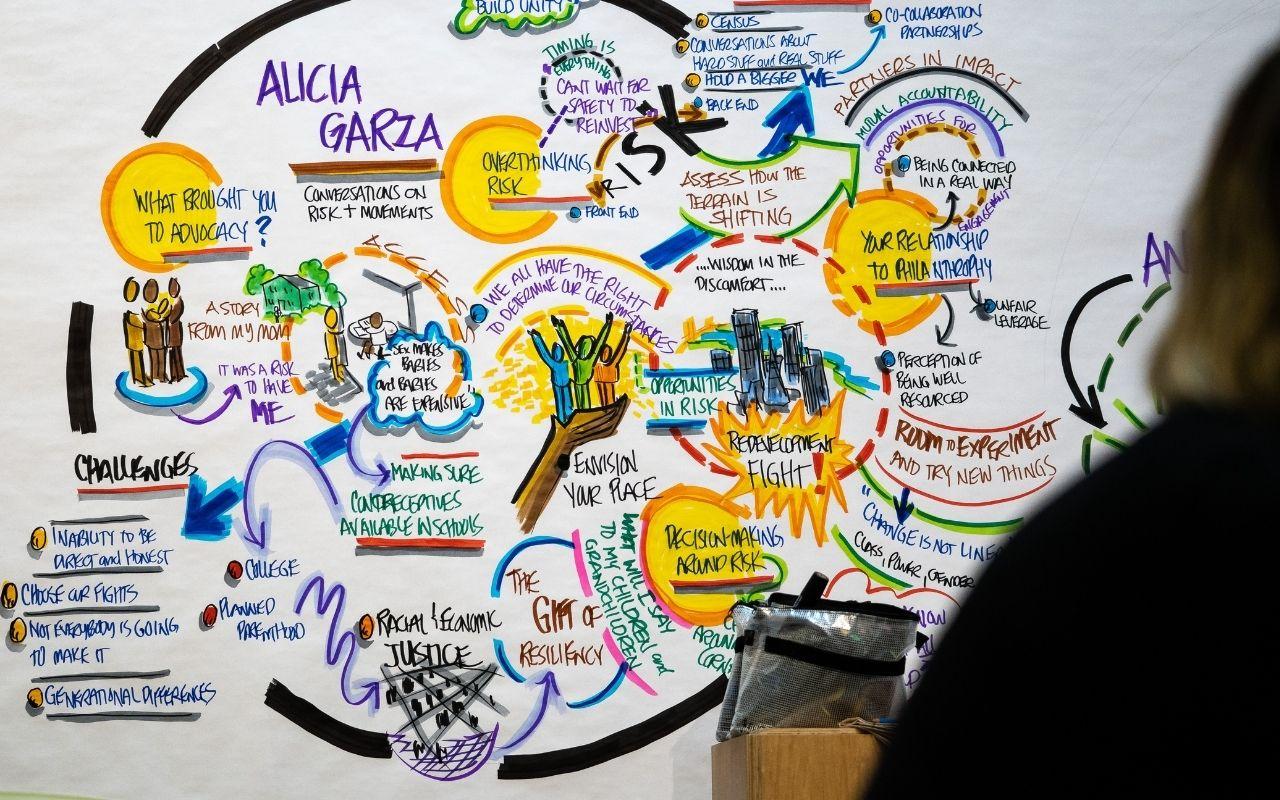
A graphic illustration from Meyer's Learning Week in 2020, an important milestone on the journey towards a new strategic framework and approach to grantmaking. Credit: Fred Joe

